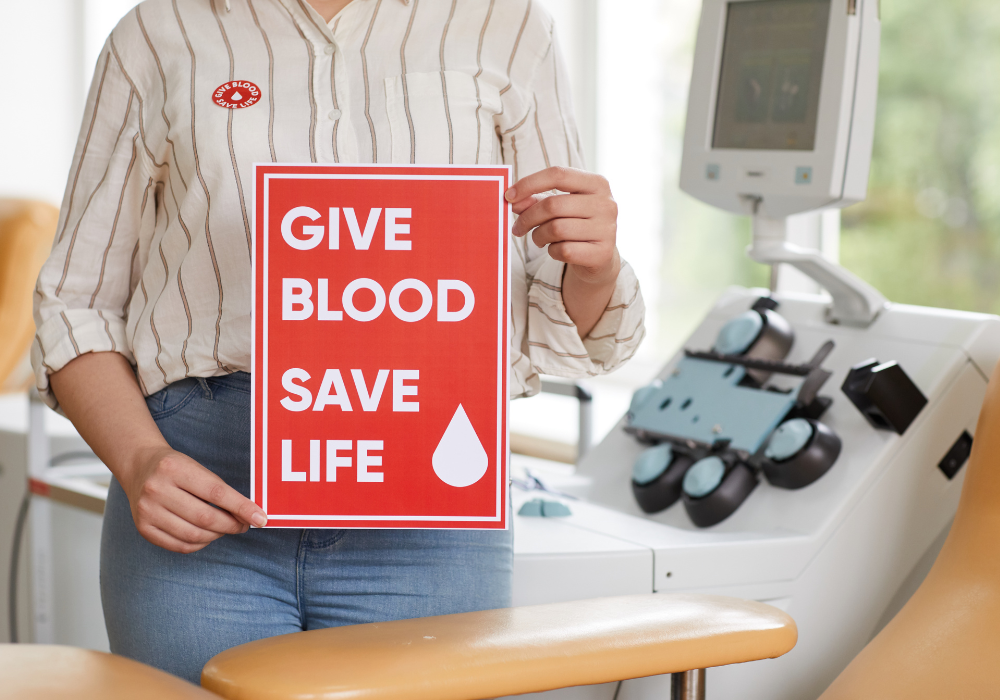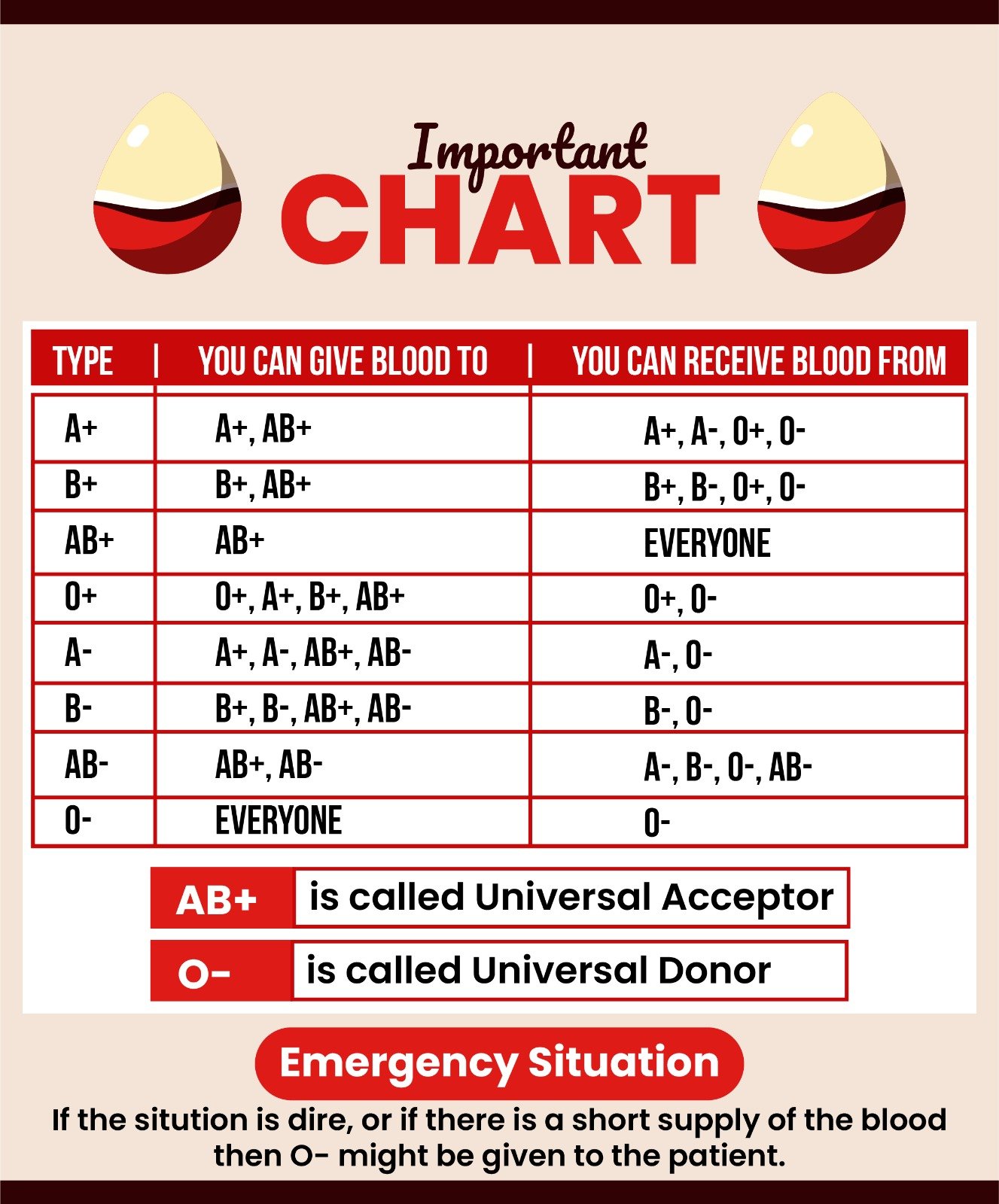
World Blood Donation Society
World Blood Donation Society (WBDS) is a Voluntarily Social service organization. It is a kind, motivated and helping society which works to save lives of emergency patients. It is a group of Voluntarily unpaid blood donors who donate their blood freely without receiving money or any other form of payment. Such social workers donate their blood to save the lives of emergency patients, accident Victims, Surgical and cancer patients. Every drop of blood is a gift of life. Blood is the most precious gift that anyone can give to another person. A decision to donate your blood can save a life. Safe blood Saves life. Human blood is unique. It can't be manufactured in laboratories and animal blood can’t replace human blood. Voluntarily donors are the only Source of blood for those who need this Life-Saving fluid. There is currently no Substitute for human blood. It is the moral duty of all healthy persons to donate their blood. It is said that blood is one of the most precious gifts which one can give to another. Blood is essential for a person to stay alive. Many times due to accidents or in other serious situations, a person might require blood. And in those times, people who step up to donate their blood are real life superheroes.
Who Can Donate Blood?
Most people can donate blood if they are in good health. There are some basic requirements which one need in order to become a blood donor. You can donate your blood if:
- You are healthy and feeling absolutely well free from any disease.
- Your age is between 18 and 60 years.
- Your weight is at least 48 Kg.
- Your haemoglobin level is not less than 12g/dl.
- Your normal blood pressure is 120/80 mmHg.
- Your normal body temperature is 37°C.
Who Can't donate blood?
You Can't donate blood in the following Situations:
- If you are unhealthy.
- If you have any form of Cancer, Hepatitis, Tuberculosis, AIDS, Leprosy, Epilepsy, Asthma, Bleeding disorders, Thalassemia, Anemia, Polycythemia vera, Genital Ulcers, Multiple Sexual Partners, Drugs Addiction, Diabetes, Heart, Lung or kidney disease, Cholera, Typhoid, Diptheria, plague, Dog or Snake bite etc.
- If you have been undergone for surgical operations and have severe health diseases.
- If you are pregnant or breastfeeding.
How much blood can we donate in a Single donation?
In a single donation, we can donate only 1 unit i.e. about 400 ml of our blood at a time. This is about 8% of the average adult's blood volume. The body replaces this Volume within 48 hours and replenishes red blood Cells in 10 to 12 weeks.
Time Period between Two Donations
For healthy male donors, time interval between each donation Should not be less than three months and for healthy female donors this time gap should not less than four months. Healthy male donors can make a maximum of 4 blood donations in a year and healthy female donors can make a maximum of 3 donations in a year.
Precautions before Blood Donation
- Drink plenty of fluids - water, juices, etc.
- Avoid consumption of alcohol and smoking.
- Wear loose and comfortable clothes, avoid tight dresses.
- Eat a well-balanced diet. Don't come with an empty stomach.
- Take sufficient sleep.
- Choose a government-registered blood bank to donate blood and donate it only if doctors are available.
- Don't forget to share your medical history. Speak truthfully to your doctor.
Precautions during Blood Donation
- Stay seated upright or lie down, depending on which way you feel most comfortable.
- Take a deep breath before the needle goes in.
- Don't be nervous and try not to think about pain.
- You may chew gum, sing a song, recite something, or listen to music to distract yourself from nervousness and pain.
- Think about the positive outcome of your blood donation - you're helping someone in need!
Precautions after Blood Donation.
- Don't get up immediately after the process is over. Take rest for at least five minutes. This allows the medical staff to keep an eye on you to make sure that you're in good shape before you leave.
- Drink fresh fruit juices to help replenish fluids.
- If you feel discomfort, dizziness, or faintness, lie down and take some rest.
- Move slowly and carefully. Avoid running.
- Eat a well-balanced diet to help your body recover.
- Avoid standing for long durations.
- Don't do heavy tasks on the day of your blood donation to allow your body to rest.
- If you feel any discomfort, tell someone immediately for help. Remember, it's the responsibility of society to respect and take care of all donors.

How does World Blood Donation Society work?
SSSK has launched its official Website SSSKHELP.COM. Here Social workers add their name in the list of blood donors. This list of blood donors remains available in the website. Emergency patients and their attendants visit the website and they search to find the list of registered blood donors. After searching the list of blood donors, patients Contact the donors on their mobile numbers. This process of blood donation becomes Successful by the joint efforts, mutual understanding and cooperation of donors and acceptors.
"A Blood Donor is a lifesaver”.
“Give up drugs, Stay fit and Donate blood".